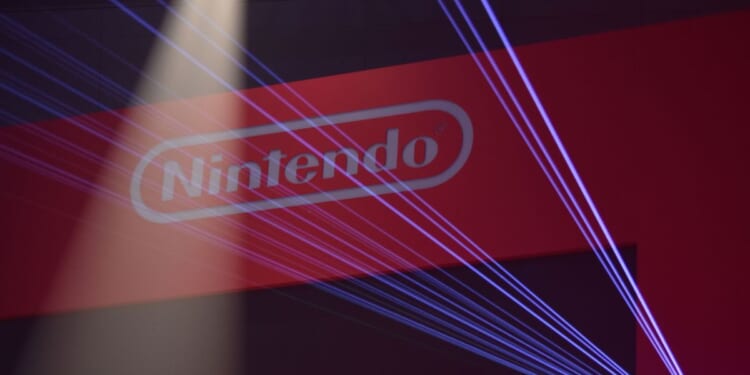In an April 5 update to its terms of service, Apple stunned a number of gamers with a policy change to its App Review Guidelines that would allow retro video game emulation apps.
The new policy states: “Apps may offer certain software that is not embedded in the binary, specifically HTML5 mini apps and mini-games, streaming games, chatbots, and plug-ins.
“Additionally, retro game console emulator apps can offer to download games. You are responsible for all such software offered in your app, including ensuring that such software complies with these Guidelines and all applicable laws.
“Software that does not comply with one or more guidelines will lead to the rejection of your app.”
For years now, Apple iPhone users who are also gamers have had to endure taunts from Android users that iPhone users could not emulate retro games on their phones.
Well, after the release of the Delta – Game Emulator app on iOS, those taunts will soon be moot.
Delta, which came out Wednesday, allows users to emulate all manner of classic Nintendo systems, and the whole package is easy to set up and use.
(This writer tested out the Game Boy Color and Game Boy Advance functionality — for the sake of this article.)
Once the free app is installed on the Apple device, it’s just a matter of downloading ROM files straight off of the Safari web browser native to iPhones.
Do you think it’s OK to emulate video games?
If you so choose, it’s also a quick few steps to wirelessly hook up an actual gamepad, like a PlayStation 5 controller, to the Apple device … and boom.
You have yourself the perfect device to easily pirate all manner of retro Nintendo video games — something you should certainly not do ever, a sentiment that every Nintendo lawyer would nod along furiously to.
And that’s why the sticky subjects of video game preservation, emulation, ROMs, piracy and Nintendo’s army of rabid lawyers have once again risen within the gaming community.
It’s certainly a tricky topic.
Again, it cannot be stressed enough that piracy is wrong in all forms. Period.
However, the legal justification for ROM files (a simple file on a computer or device that an emulation program can run) is that they’re meant for people who own the original cartridge, as a means of preservation.
So if you have an original 1999 copy of “Pokémon Gold,” and are worried that the in-cartridge battery will die one day — which it will — you can download the ROM will little concern.
The issue, of course, is how you prove Little Jimmy owns that physical copy of “Pokémon Gold.”
The FBI, probably, won’t go door-to-door to make sure your ROM files match up with physical game ownership, and that means all manner of unscrupulous people are using that loophole to gain free access to video games.
(There’s a whole separate issue about Nintendo’s notorious practices that make owning and tracking down their older games an absolute pain, which in turn almost invites this rampant desire for ROM files. But that discussion would quadruple the length of this article.)
The introduction of Delta on the App Store, perhaps one of the most populous digital storefronts in existence, could be opening a floodgate that will inevitably draw the ire of Nintendo’s lawyers.
And that could prompt another swift change to Apple’s App Review Guidelines.













